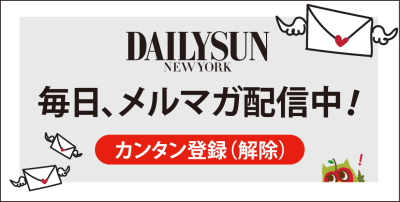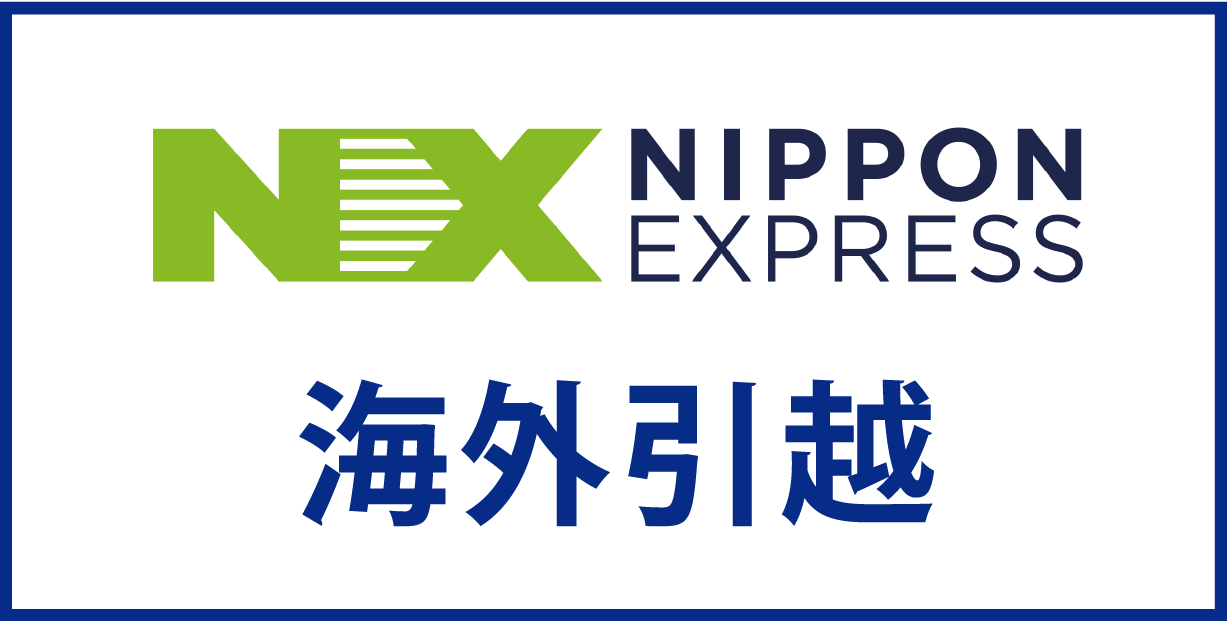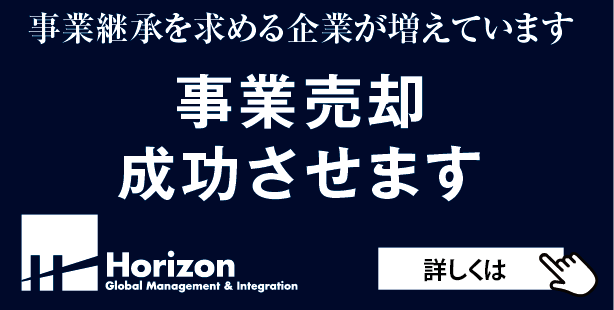Tricultural Voices from Keio Academy of New York #4
“The Comparison of Japan and South Korea in view of Globalization” November 13, 2024
At Keio Academy of New York (Purchase, NY)
Introducing Consul General Mr.Euywhan Kim’s Lecture
Tatsumi Takayuki
Headmaster, Keio Academy of New York
On October 2nd, 2024, Mr. Hidetoshi Takeda, editor-in-chief of Daily Sun New York, generously introduced me to Mr. Euywhan Kim, current consul general of the Republic of South Korea, who was involved with UNDP (United Nations Development Program) as a senior advisor on anti-corruption from 2017 through 2019.
Chatting with him, I was deeply impressed with the consul general’s deep knowledge of Fukuzawa Yukichi sensei, whose major work An Encouragement of Learning Mr.Kim read very closely. Since Keio Academy of New York, established in 1990, has proudly advocated the “Japan-U.S. Keio” tri-cultural ethos in its mission statement revised in 2022, we were thrilled to welcome him to our campus on November 13th, where he delivered an exciting lecture on the thoughts of Fukuzawa sensei in the context of globalization. As a result, Mr. Kim brilliantly captured our students’ imagination by emphasizing a couple of stimulating principles: “Leaders should be readers” and “Learn and win.”
Of course, a number of precursors have already speculated upon the significance of Fukuzawa sensei from a variety of perspectives; he has represented not only Keio Gijuku as an independent school but also modern Japan as a democratic nation. Nonetheless, Mr. Kim’s originality lies in his own project of hagiography; he reconsidered Fukuzawa sensei as comparable with major Japanese cultural giants.
In Anglo-American literary history the tradition of hagiography was modernized by Thomas Carlyle’s On Heroes, Hero-Worship, and the Heroic in History (1841), which helped reinforce Pax Britanica in the 19th century, whereas Carlyle’s work invited Ralph Waldo Emerson to compose a treatise on genius Representative Men (1850) , which paved the way for Pax Americana in the 20th century. It is notable that both Carlyle and Emerson admired Shakespeare and Napoleon as their major heroes. Likewise, following in the steps of Carlyle and Emerson, consul general Kim is ambitious enough to create his own hagiography by featuring Japanese cultural giants such as Oda Nobunaga, Kaneko Kentaro, Fukuzawa Yukichi, Matsushita Konosuke, Inamori Kazuo and Toyoda Kiichiro.
Why was he interested in the tradition of hagiography? At this point, his analogy between Pax Romana and Pax Americana will be helpful. It is self-evident that hegemonic nations have produced excellent hagiographies admiring and canonizing their own cultural giants. The early 21st century will see the first-ever East Asian Hagiography to be written by Consul General Mr. Kim. I truly look forward to reading it.

Responses from Mr.Dominic Ciafardini’s 12th grade
Advanced Cultural Studies and Research students
Dear Mr.Kim.
Thank you for your speech today. One of the major points you discussed was the similarities between Korea and Japan’s responses to economic problems which I never thought about before. Both nations went from being closed-off societies to becoming two of the world’s strongest economies. Korea has strong K-beauty, K-food, K-pop and so on K-cultures.
Japan also has its own Japanese culture. Both economic miracles were driven by the global demand for their manufactured goods. I think these two shifts were not merely economic but cultural, as both countries’ societies absorbed and adapted Western business practices, technology, and media, all while retaining the unique cultural identities.
The question I want to ask is about the relationships among the strongest three countries in Asia- China, Japan and Korea- are complex and often strained. I have experience in both China and Japan, and with friends from Korea, I sense firsthand the lingering tensions. These tensions stem from both historical and cultural issues.
For example, Korea and Japan share some cultural elements with China, such as celebrating the Lunar New Year, which some Chinese people feel has been appropriated or altered in a way that ignores its Chinese roots. This sense of cultural overlap can sometimes create friction, as some feel that Korean culture borrows from Chinese traditions. Moreover, the legacy of World War 2 continues to act as a cultural and historical barrier between these countries, particularly in how each country views its past.
Will these cultural and historical barriers between China, Japan and Korea become more entrenched, or could they eventually fade away?
Thank you for coming to Keio today!
-Chang Ying
Dear Mr. Kim,
Thank you for your inspiring talk today. I enjoyed learning more about how Korea has become a global trendsetter, especially in K-Pop, K-Beauty, and K-Dramas. Personally, I’m very interested in Korean dramas and Korean cosmetics, so it was exciting to hear about how these industries are helping to make Korean “cool” worldwide. I didn’t realize the scale of Korea’s influence before, or how proud you are of Korea being in the top six most influential countries. Your point about Korea’s openness to globalization was eye-opening—how Korean culture both shares itself with the world and adapts to international influences.
One surprising fact was that Korean was the 7th most learned language on language apps last year. It shows how people around the world want to connect with Korean culture on a deeper level, understanding K-Dramas, K-Pop, and K-Beauty in the original language. I also think it’s amazing how Korea has managed to balance modern influences with its traditional culture, which has made it unique on the world stage.
Since you mentioned Korea’s cultural connections with other countries, I wanted to ask: Given the shared history in East Asia, what role do you think Korean culture might play in improving relationships with neighboring countries like Japan and China? Could cultural exchange help ease past tensions, or even create a sense of unity?
Thank you again for coming to speak with us today and for sharing Korea’s inspiring cultural story!
-Ayano Nitta
Dear Mr Kim
Thank you very much for your speech today.
Today’s speech gave me a chance to learn more about Korea.
I have only known about Korea through k-pop, k-food, and other things that are familiar to me. But today I was able to learn more about Korea. What surprised me was that Korean and Japanese companies were among the top 10 of global companies.I had heard of Samsung, but I did not know what kind of company it really is. I was also convinced that South Korea is far stronger than Japan in terms of military strength. I had heard that Korea has a military service system, so I thought that this and other factors made it the 6th most powerful country in the world. Furthermore, I was surprised to see that Korea is only one of the Asian continents that is capitalist and surrounded by communists . It is amazing that Korea has been so successful in building trade and international relationships with the West.
One question I would like to ask is about the military service system of Korean idols. Last year, there was a lot of talk about the military service system of bts, what do you actually think about it? I heard that musicians and other artists are exempted, so I am wondering how idols are treated.
Thank you so much for your speech today. I was able to learn more about Korea and Japan, including the differences and similarities in the relationship between Korea and Japan.
-Rio Kato
Dear Mr. Kim.
Thank you for the wonderful speech you’ve given us today. I especially enjoyed the little funny jokes you’ve made from time to time. I was amazed how impactful globalization was to Korea and Japan, which lead them to being the strongest countries today. As you mentioned, the Roman empire and America both achieved globalization because of trade, opening the doors and bringing people in. Japan and Korea actually had no globalized society back then because they decided to shut down their country. However, the important phrase you mentioned, learn and win, helped both countries open up their doors and develop quickly into a globalized society.
I found the comparison you mentioned between Korea and Japan interesting, where although they are considered a globalized country, they each have different reasons where Japan had to avoid being a colony from strong countries and Korea had to be saved from poverty and by doing so, they needed to follow the western countries. I liked the last part where you said Korea and Japan share the same liberty of freedom, not dictatorship.
I was also surprised how much you love Fukuzawa sensei, especially when you mentioned he’s your mentor and wrote a research paper about him. I wanted to ask a question regarding this research paper. Did you find anything interesting about Fukuzawa sensei that is not well known to even Japanese people?
Once again, thank you for an inspiring speech today. I’ll make sure to read The Chrysanthemum and the Sword for homework if I can.
-Chitose Tsuruga













